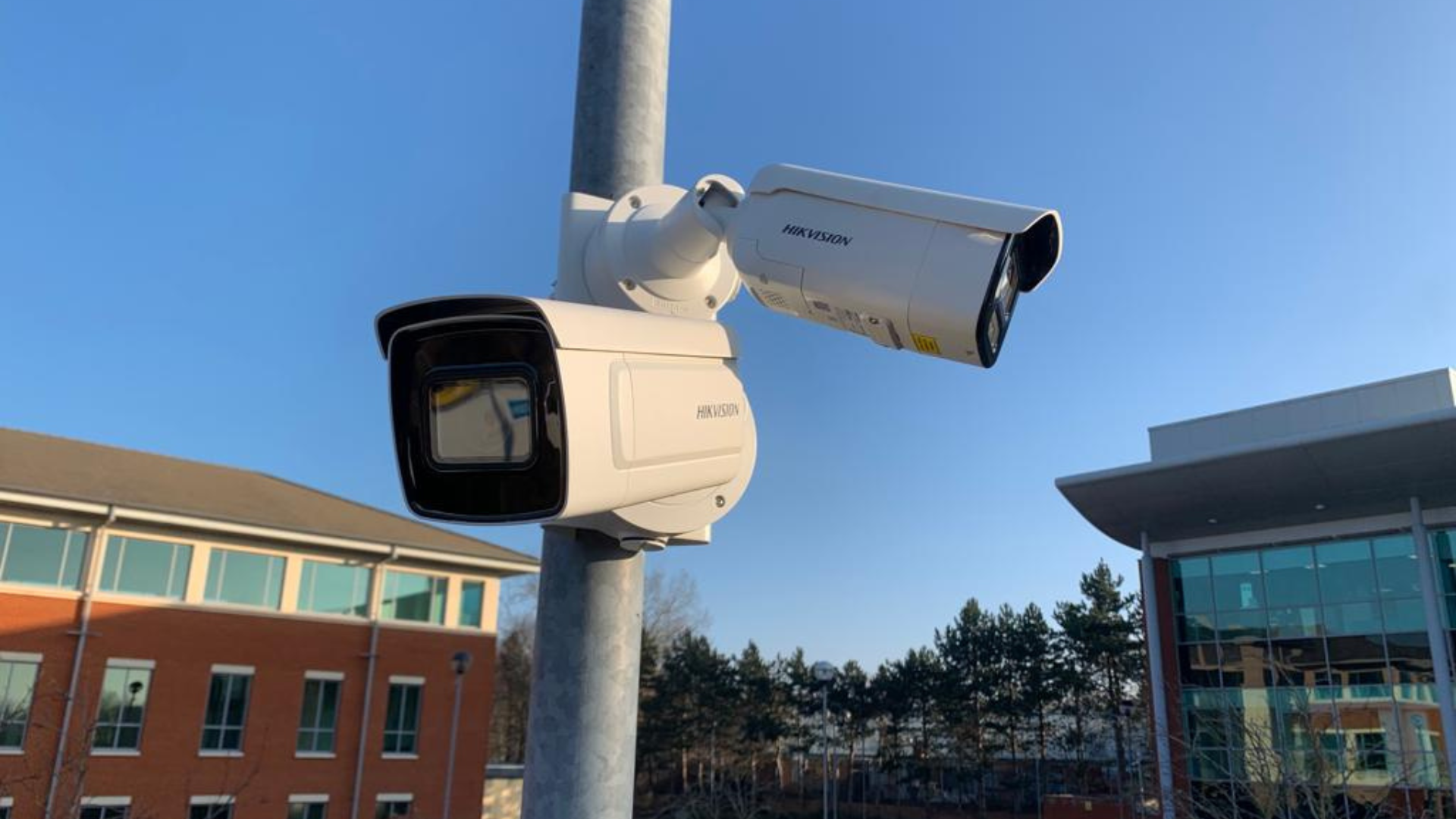Competency & Capacity Risks From New Building Regulations Highlighted
Source: Fire Protection Association
Competency & Capacity Risks From New Building Regulations Highlighted
Fire safety professionals are suffering from an ever-increasing skills gap as changes to Building Regulations come into force, experts have warned.

During a panel discussion at London Build 2023, Laing O'Rourke’s Systems and Assurance Leader for Passive Fire Protection Nick Pickles stated that with the advent of the new building safety regime, where competency is a key factor, gaps in education and training could put additional pressure on fire safety professionals.
The session, which covered enhancing building safety through standardising processes in fire stopping, discussed some of the current challenges faced by professionals in the industry, particularly the growing divide between those who were able to show evidence of competency in their roles and those who were not. With delays in training, education, and the “upskilling of the profession” coupled with further changes to Building Regulations, fewer professional people were working in the sector who could be deemed competent, resulting in safety risks.
As reported by Construction News, Nick said: “I think the risk is that the people who are deemed competent, whether they are or not, will end up overloaded.
“There’s a huge amount of work that needs to be done. And it will either be done by people who are not deemed competent, or you will overload the people who are [and these] people become burnt out.
“And that’s when people make mistakes, they take their eye off the ball. If you do that once... we’re not talking about a leaky pipe, we’re talking about life safety.”
The panel agreed that better collaboration and the sharing of information could ensure professionals were kept up to date with the complexity of fire-critical products in construction, for example. With the technical specifications for such products running into hundreds of pages, Paul McSoley, Technical Compliance Director at Mace, argued that it would be difficult to expect one person to show the necessary competency for all aspects of building design: “I think the expectation was that architects will be able to do all of this, but they can’t do it unless other actors are passing that information across a common platform that you can actually see.”
Also from Laing O’Rourke, Richard Fordyce added that a separate “construction discipline” was needed that could cover the “specification and selection of fire-safety-critical building products”, with collaboration between different sectors to “define what this new discipline is going to look like”.
Many of the changes introduced by Building Regulations etc. (Amendment) (England) Regulations 2023 have directly impacted “principal duty holders”, including architects and designers, signifying greater demand for accountability of compliance with building regulations by the government.
The October 2023 amendments also introduced additional requirements for responsible persons of higher-risk residential buildings, with the necessity of hiring competent professionals, such as fire risk assessors, becoming paramount.
As previously reported by the FPA, in its updated guidance, the Home Office stated: “There is also a legislative requirement that, where the Responsible Person appoints a person to make or review the fire risk assessment, they must be competent. This legislative requirement will be brought into force at a later date, and we will provide relevant guidance in that regard ahead of the commencement date.”



